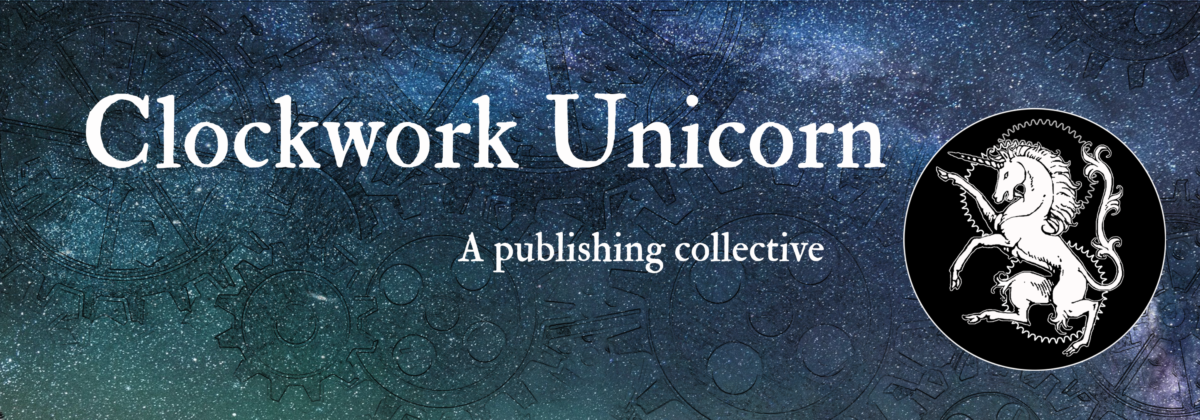By Heather McDougal
This is a little vignette that I wrote many, many years ago in my twenties. I wrote it after reading Thurber’s One is a Wanderer, a surprisingly strong tale of grief and regret. And, as young writers do, I wanted to capture that feel in my own words, turning the eighties into the thirties.
Up in her apartment she sat smoking cigarettes and looking out into the trash-lined street. The dim bluey lamplight called up faraway streets and starlit nights; the quiet of riding in a dark late-night bus, walking home under the small-town streetlamps, the shimmery sparkle of blowing in the door of a bright warm cafe and having the waiter smile as he passed.
It’s raining there now, she thought as she crushed out her cigarette. The clack of clogs rang out on the sidewalk below, bringing a sharp whiff of recognition: the shape of a gesture, the line of a profile, the breeze blowing through familiar curtains. Pools of light with smoke curling up in an all night diner, breakfast and conversation at three a.m. Jokes and small shared-pen games on paper, and always the cold, clear nights. I’m living in town now, she would tell old friends, yes I have an apartment. It’s down by the freeway across from the Denny’s and Sambo’s. Actually it’s a pretty nice neighborhood. And she would smile.
Staring down past the cold grit of the windowsill, she thought of the phone and a voice she could be hearing. She turned it over for a long time before she picked up the receiver.
The voice was as she remembered it. Did I wake you? she asked, suddenly conscious of the hour. No, he said, you know what hours I keep. Yes, she said with a sudden surge of affection, insomnia again? And he smiled (she could hear it) and said yes; what are you doing up? If I recall you sleep whenever you like.
She thought of the nighttime pattern of curtains on a certain faroff wall. I’m not sleepy, she answered. After a pause she asked how everything was down there, anyway, and he replied that it was the same as ever. He and John were drinking whiskey and talking of the Kennedys and economics, and Paul was suggesting that they all go out and pick up some girls. They were out of soda and the stores were all closed; and everyone kept smoking his cigars. They were all bored, he said; no one seemed to be around much anymore, but then had they ever been?
Is it raining there, she asked and he laughed and said no it’s clear and cold; and she felt a slight ache pass over her. How’s Jenny, have you seen her lately? No, he said, she doesn’t hang around with us much anymore. Last time I saw her she was sleeping with Phil, and taking Earth Sci again.
She thought with a slight shock, nothing there’s really changed: so and so is sleeping with so and so because that person dumped him for someone else – you know, the other girl’s old boyfriend.
She heard him laugh and asked what’s up? And he said, John’s drunk and insulting everyone again, he says Lisa should be nicknamed the Spider because she’s eaten everyone she knows.
She smiled. Do you ever, she asked, go to the duck pond anymore? Yes, he answered, I was there yesterday but it was raining and the ducks were all busy with crickets and the ground was soggy so I came home.
Down in the street a man reeled drunkenly into a doorway, cursing loudly. She thought of the sparkle of the sun on water and warm on her cheek, and of a laugh and a smile, and of a different smile later on, on a different face. Well, she said, just thought I’d call. I was sitting here by myself thinking of you all.
Nice of you, he said, it’s good to hear from you. Call me again sometime. I will, she promised, and the voice was gone.
She sat by the window for a long time, staring at the twinkle of broken glass by the dumpster downstairs. The paint on the windowsill was peeling, and she picked at it absently. Finally, with a sigh, she put out her cigarette and went to draw a bath.
